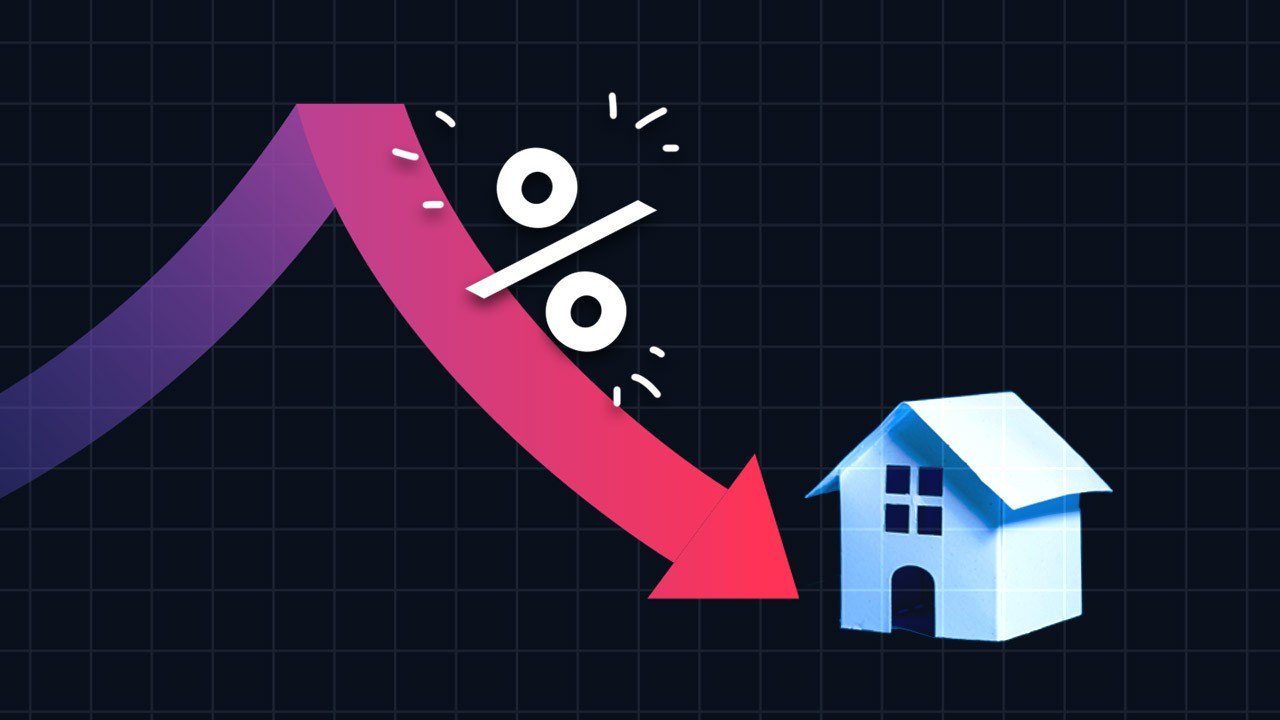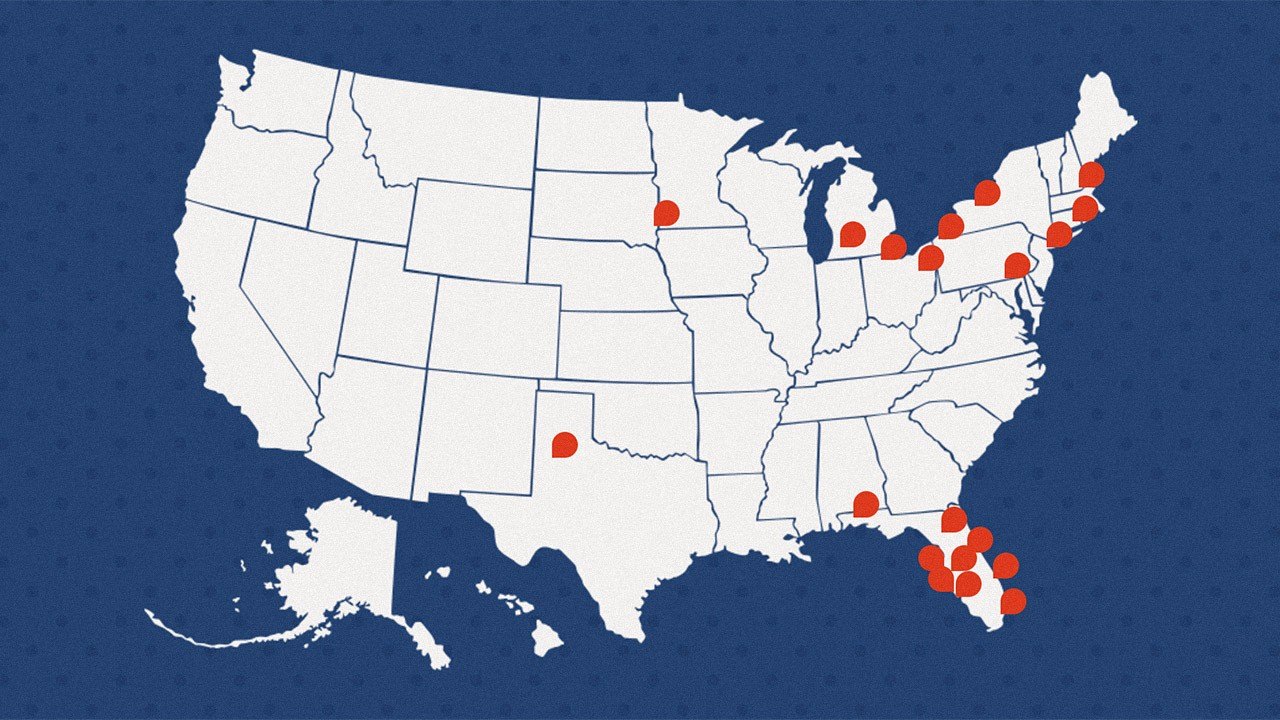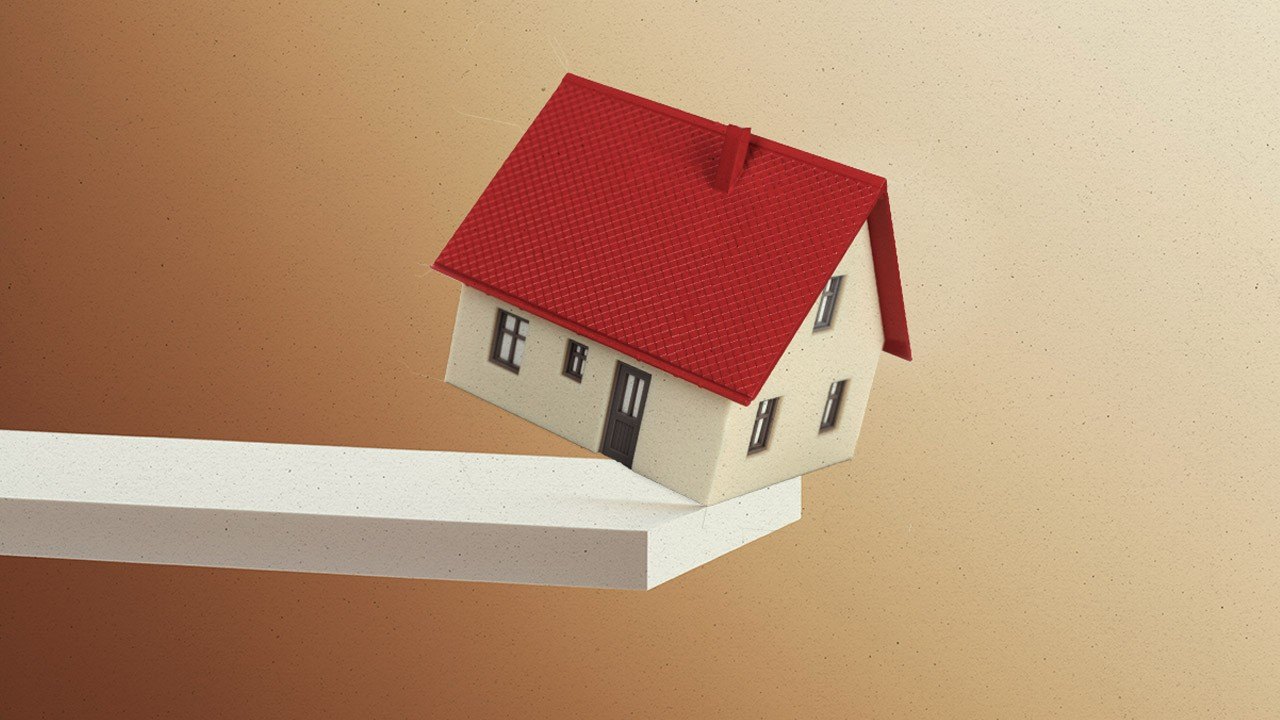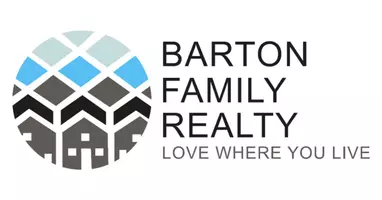Inflation Ticks Up—Does That Mean Mortgage Rates Will Follow?
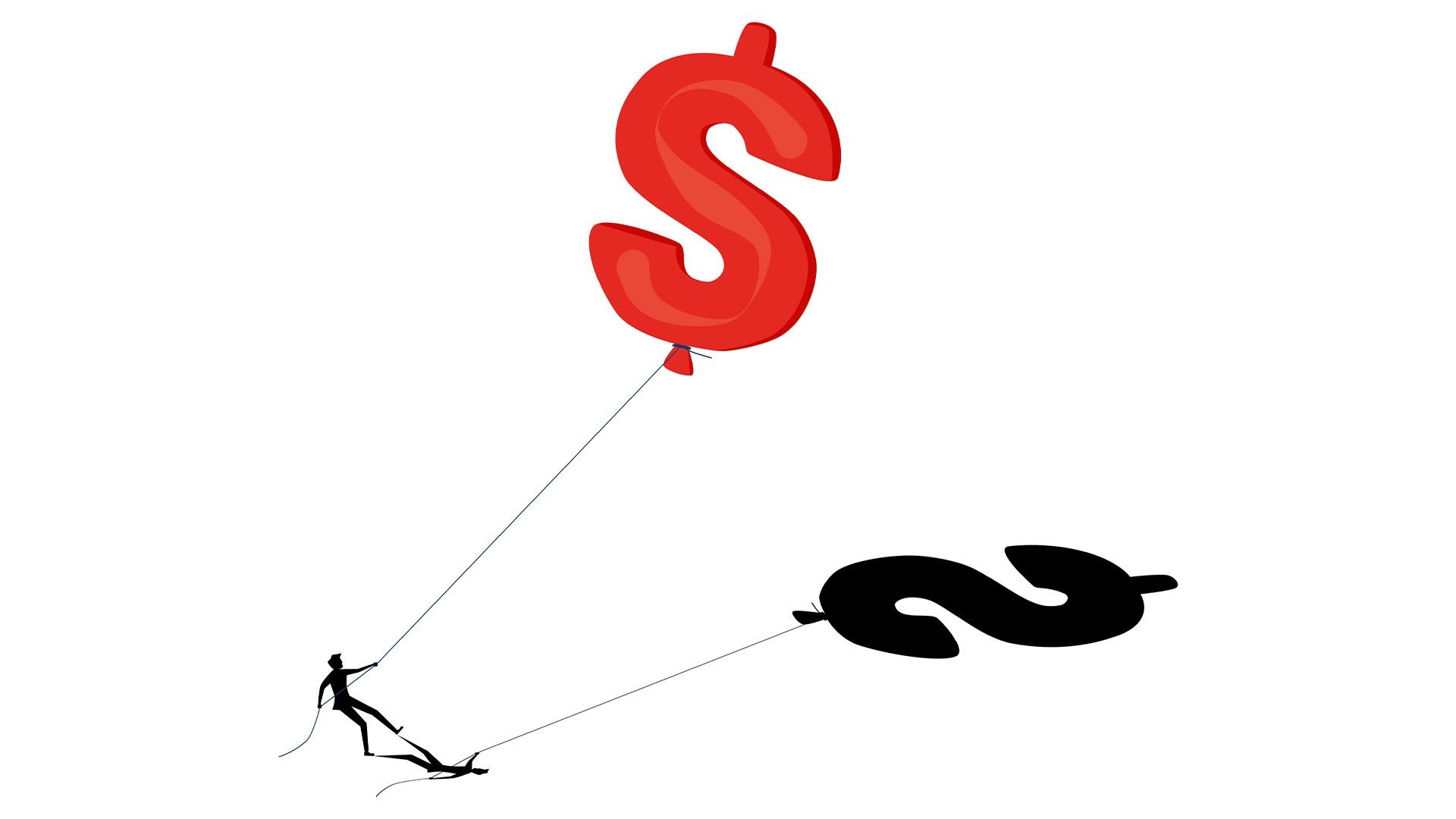
Getty Images
Over the past few years, homebuyers and sellers have been forced to become quasi-economists, analyzing government inflation and employment reports to try to make sense of what this all means for the housing market.
Persistent high inflation has led the U.S. Federal Reserve to hike its short-term interest rates to bring it back down. This puts pressure on mortgage rates, often pushing them even higher, with the effects reverberating through the housing market.
In July, inflation ticked up to 3.2%, up from 3% the month before, according to the government’s consumer price index released on Thursday. The report might look a bit worse at first glance than it actually is, say real estate economists.
July’s inflation data is being compared with July 2022, when inflation had already begun to cool. That’s going to result in higher results a year later. Plus, if the increases were annualized, it would put inflation for the year at 2%—the Fed’s goal.
“It raises the odds that Fed will keep rates steady,” says Realtor.com® Chief Economist Danielle Hale. “Mortgage rates can steady, maybe even start to decline from where they are.”
Those mortgage rates, currently hovering around 7%, have brought the housing market to a standstill. Many buyers have been priced out of homeownership, while scores of would-be sellers are staying put as they can’t afford to buy a new home at a higher rate. That’s worsened the already severe housing shortage.
“Our expectation is that when inflation gets back to target, we will start to see all kinds of rates start to decline,” says Hale. She expects rates will head below 7% in the coming days. “We should see mortgage rates ease, but they’re not going to do so quickly.”
Falling mortgage rates could give the housing market a bit of a jolt, buyers’ dollars would stretch a lot further, and more sellers are expected to list their properties.
However, the Fed could still choose to raise its rates again at its next meeting—or even later this year. If the Fed decides to make another hike, it would bring its interest rates to the highest level since 2001.
“Today’s data keeps hope alive for a broader reversal in rates. There’s clearly been a shift in core inflation,” says Matt Graham, chief operating officer of Mortgage News Daily. “It will simply take more time and more data to confirm the shift is sustainable.”
In July, housing costs made up about 90% of the monthly increase in the core inflation metric that the Fed takes into account. But while rents, the main measures of those costs, have fallen in recent months, those decreases can take anywhere from nine to 12 months to show up in the government’s inflation data, Bright MLS Chief Economist Lisa Sturtevant explained. The multiple listing service covers the mid-Atlantic region.
As builders finish putting up more apartment buildings this year, “we should expect to see declining rents bring inflation down over the coming months,” Sturtevant said in a statement.
This all bodes well for the housing market.
Realtor.com had anticipated that mortgage rates would fall to 6.1% by the end of the year, a feat that Hale now believes is “probably a tad optimistic.”
“Mortgage rates are going to be more of a drag than a boost on housing activity for the rest of this year and probably into early next year as well,” she says.
The post Inflation Ticks Up—Does That Mean Mortgage Rates Will Follow? appeared first on Real Estate News & Insights | realtor.com®.
Categories
Recent Posts


